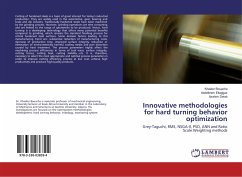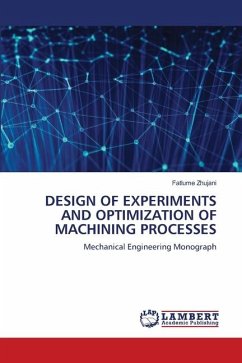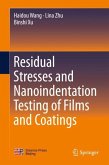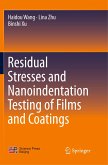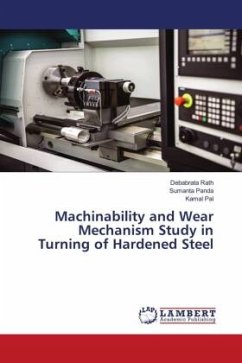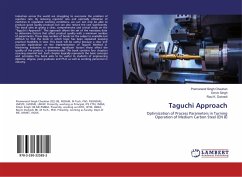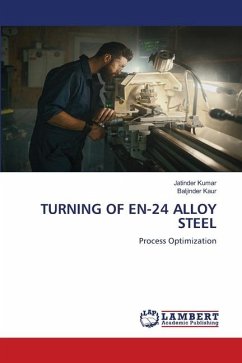This book is collection of Post Doc Resarch work done by Dr.Krupal Pawar. The study identified that feed rate has the most significant influence on residual stress formation, followed by cutting speed and depth of cut. The optimal combination of machining parameters was determined, leading to favorable compressive residual stress states, which enhance fatigue resistance and dimensional stability. The research demonstrates that through systematic optimization using the Taguchi method, it is possible to achieve improved surface integrity while minimizing detrimental machining-induced stresses. The findings provide valuable insights for industrial applications, particularly in precision manufacturing of tool steel components.
Bitte wählen Sie Ihr Anliegen aus.
Rechnungen
Retourenschein anfordern
Bestellstatus
Storno


